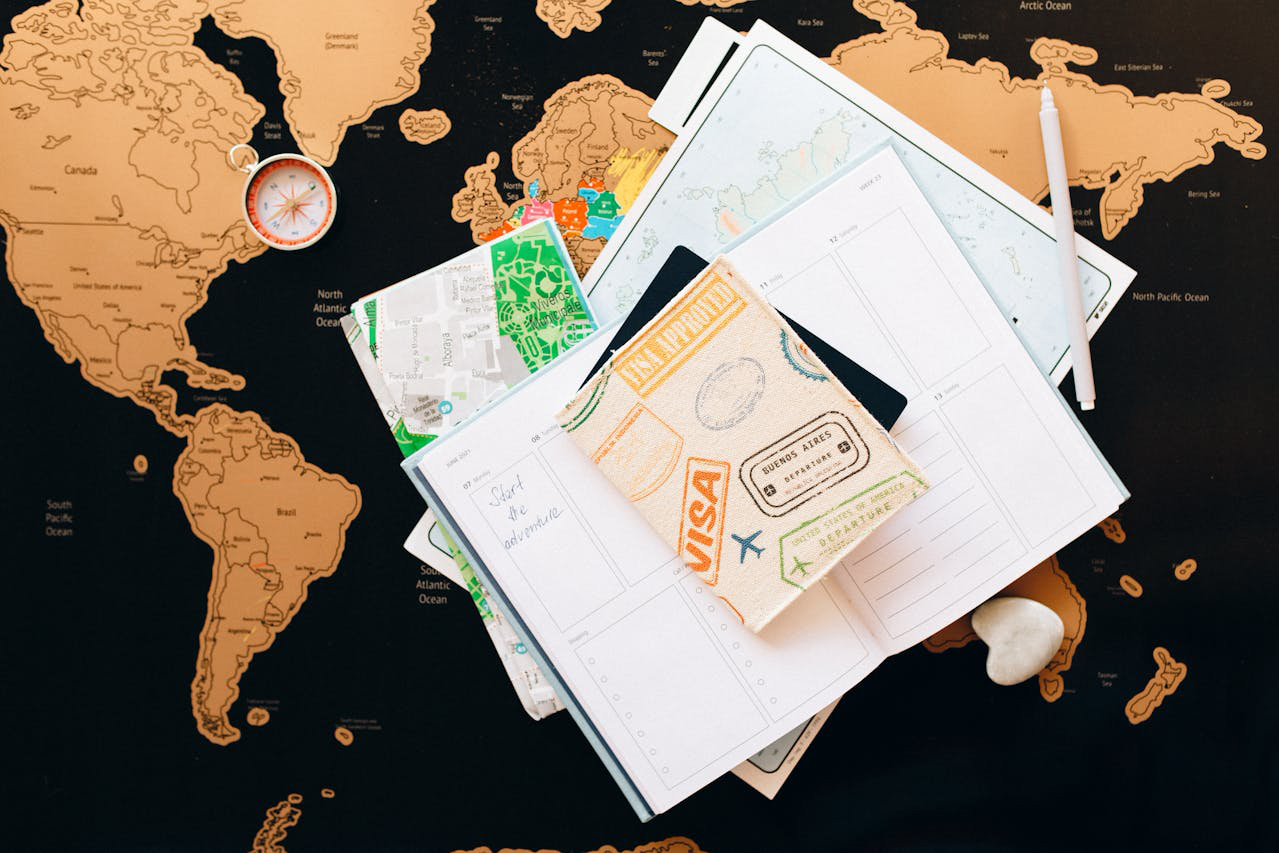For seasoned travelers and first-timers alike, international travel can be a heady mix of excitement and logistics. Beyond the thrill of new horizons lie the practical considerations that can make or break your travel experience. At the core of this preparedness lies your travel documentation. From visas to passports and health certificates, ensuring all necessary paperwork is in order is the first step to a smooth voyage. Join us on a comprehensive guide to navigating the labyrinth of international travel documentation, ensuring your next adventure is both seamless and secure.
Understanding the Basics: What Travel Documents Do I Need?
Before you pack your bags, it is essential to research and understand the travel documentation requirements for your destination. Start by checking the entry requirements for each country you plan to visit on the official government websites or with their embassy or consulate. Each country has its own set of rules, including visa requirements, passport validity, and, where applicable, health documentation. Some countries might require you to obtain a visa in advance, while others may grant a visa on arrival. For long- or short-term stays, your trip could demand a student, tourist, or business visa. Failing to observe these detailed prerequisites could result in denied entry, which would swiftly put a damper on your travel plans.
Check if Your Visa is Still Valid
It’s surprising how often a seemingly straightforward process, like checking the expiration date of your visa, can be overlooked. Take note that visa regulations change frequently, and it’s not uncommon for travelers to be turned away at the border. Ensure your visa will remain valid for the entirety of your trip, especially when traveling across multiple countries. If not, you may need to arrange for the often time-consuming process of visa renewal or obtain new visas en route. If you are checking the rules on renewing a UAE tourist visa, for instance, it’s always wise to verify the allowable methods for renewal with a local attorney or travel advisory service to better understand the logistical hurdles that arise in each unique situation. For example, some areas might only accept visa renewal requests in person, while others will allow mail-in or online submissions.
Keeping Track of Passport and Document Expirations
Passports are the lifeline of international travel, and ensuring that they remain valid for the duration of your stay is imperative. Many countries require that your passport be valid for at least six months beyond the end of your planned stay, and some airlines won’t allow boarding if this requirement isn’t met. Consult with your country’s Department of state or foreign ministry to check the validity buffer required for your chosen destinations. Not just your passport, but any necessary documentation such as visas, travel insurance policies, and international driver’s licenses should also be valid for the entirety of your trip. A simple spreadsheet with these details can avoid any unwanted expiration-related issues on your travels.
What To Do If You’ve Lost Your Passport Abroad
Losing your passport is a traveler’s worst nightmare, but it’s essential to stay calm and act quickly if it happens. First, report the loss or theft to the local police and obtain a written statement. Then, contact your country’s consulate or embassy, which can assist you in replacing your passport. You might need to provide additional documentation, such as a new passport photo or a police report, so having a backup electronic version of your identifying documents is a wise precaution.
The Importance of Consular Notification
In the event of a serious incident, such as a natural disaster, arrest, or medical emergency, your country’s embassy is your most vital resource. It’s important to know the location and contact information of your embassy or consulate in the countries you are visiting. Consular officers can provide a range of services, from helping you find local medical care to assisting with evacuation in extreme cases. While it’s unlikely you’ll need these services, knowing how to access them can provide peace of mind and swift resolution in the face of any unexpected adversity.
Travel Insurance: Not Just a Peace-of-Mind Policy
Travel insurance often feels like an optional extra, but it can be a crucial asset if things go awry on your international trips. Look for policies that offer comprehensive coverage, including emergency medical care, trip cancellation, and loss or theft of personal belongings. Be sure to read the policy document thoroughly to understand what is and isn’t covered, and carry the contact details for your insurer with you at all times.
Preparation is the hallmark of any successful international trip. Taking the time to understand and gather the required travel documents can save you from a host of potential hassles and setbacks. Whether it’s ensuring that your passport is valid, understanding visa requirements, or staying on top of health documentation, each step is vital. By following the guidance above, you’re not only safeguarding against mishaps but also setting the stage for you to enjoy your travels with peace of mind and focus on the unforgettable experiences that lay ahead. Safe travels!
This story originally appeared on Upscalelivingmag

